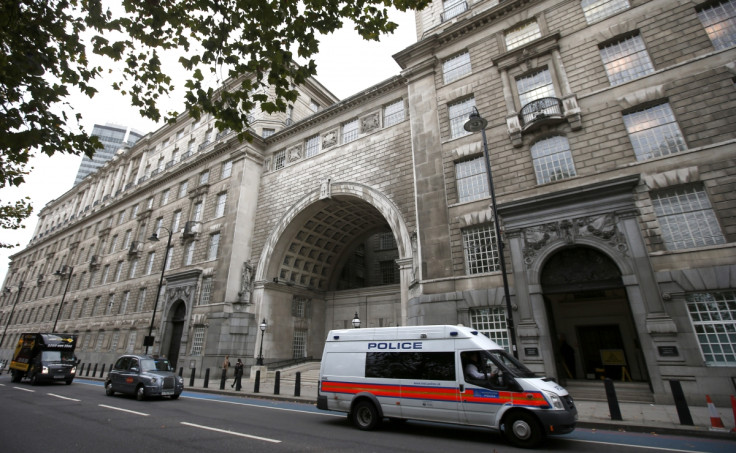MI5 drone secrecy causes million-pound trial of Colin Duffy relatives to collapse

Three men due to stand trial later in 2015 were acquitted in Northern Ireland due to the UK government refusing to reveal details of the hi-tech technology used by the MI5 in a three-year-long investigation.
Brothers Paul and Damien Duffy, and their cousin Shane Duffy, were charged with terrorism-related offences in May 2012, which included conspiracy to murder officers from the Police Service of Northern Ireland (PSNI) or the Northern Ireland Police Service (NIPS) between 28 November 2009 and 11 December 2011, and conspiracy to cause an explosion. Paul and Damien are the siblings of Colin Duffy, one of the most recognisable dissident republicans in Northern Ireland.
The defendants were due to face trial later in 2015 but they were acquitted at Belfast Crown Court on 22 October because the Public Prosecution Service (PPS) refused to reveal some information about a vehicle tracking device that was used during the operation to the defendants in person, as opposed to an expert engaged by the defence team under condition of a confidentiality agreement.
A PPS spokesperson said: "While the judge accepted the prosecution submissions in relation to the sensitivity of the information he ruled that a fair trial could only be achieved if disclosure was made both to the defence expert and the defendants personally. The prosecution were unable to comply with the judge's order and in those circumstances could not rely upon the tracking evidence."
The MI5 must be outraged that the case has collapsed, as the operation is said to have cost millions of pounds and required the services of 44 MI5 agents and 35 undercover police officers, according to the Irish Times.
The surveillance operation also made use of "aerial platform footage" – ie drones – as well as footage shot from a PSNI helicopter, audio surveillance and GPS tracking devices that were fitted to the defendants' cars.
The UK government has previously faced similar problems due to being reluctant to admit exactly how important evidence has been obtained and it is for this reason that secret courts were started in 2013, so secret intelligence only has to be seen by the judge and security-cleared "special advocates".
The lawyer for the Duffy family members is now calling for the PPS to carry out an "urgent review" of similar cases, which could potentially open up a whole ballpark of trouble for the UK government, which has already had to settle and pay out compensation because it could not disclose evidence in court, according to the Guardian.
As Edward Snowden's damning revelations about the NSA and the GCHQ have shown, it is almost impossible for surveillance techniques to be kept completely secret, so if the government wants to avoid more costly mistakes, it might benefit from returning to more open courts.
© Copyright IBTimes 2025. All rights reserved.






















